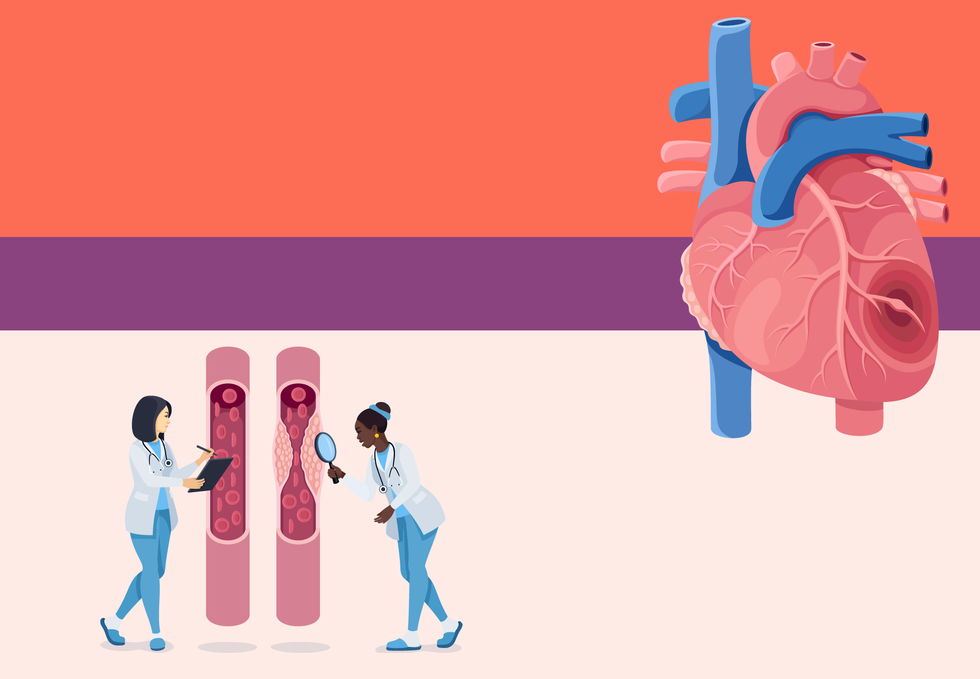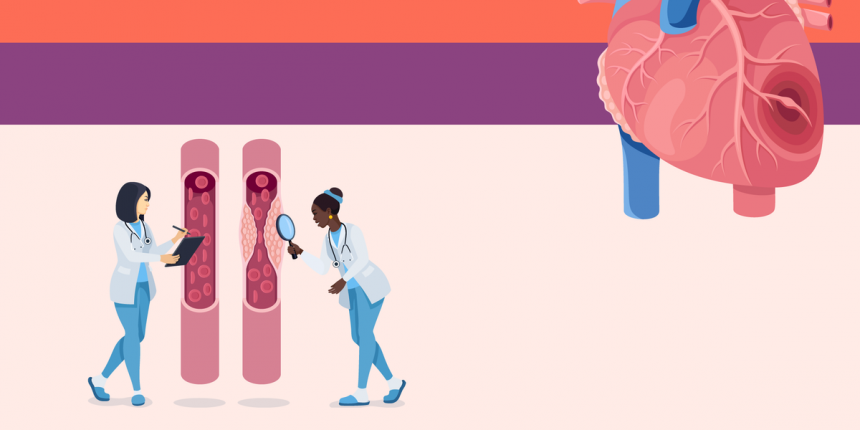
Understanding Heart Disease Risk Factors
Heart disease encompasses various disorders that affect the heart, veins, and arteries. The most common type for women is coronary artery disease. Being aware of risk factors can help you work with your healthcare provider to manage your risk.
Risk factors include:
- Age over 65
- Use of hormonal contraceptives
- Biological sex (being a woman)
- Menopause
- Race and ethnicity
Medical conditions:
- High triglycerides
- Elevated HDL cholesterol
- High blood pressure
- Endometriosis
- Polycystic ovary syndrome (PCOS)
- Obesity
- Chronic kidney disease
- HIV/AIDS
- Inflammatory/autoimmune disorders
- Diabetes
- Preeclampsia
Modifiable factors:
- Smoking
- Alcohol consumption
- Lack of exercise
- Unhealthy diet
Familial history:
Some individuals have a genetic predisposition to heart disease. Consult your doctor if your family history includes heart attacks, high cholesterol, or other cardiovascular issues before certain ages.
Medications play a role:
Prescription medications can help reduce heart disease risk, especially following a heart attack or stroke. Statins, omega-3s, blood pressure medications, diabetes drugs, and anticoagulants are common options.
Reduce your risk:
- Quit smoking and limit alcohol
- Maintain a healthy weight
- Eat a high-fiber diet
- Manage stress and blood sugar levels
- Stay physically active and get enough sleep
- Adhere to prescribed medications
This educational resource was created with support from Amarin.





